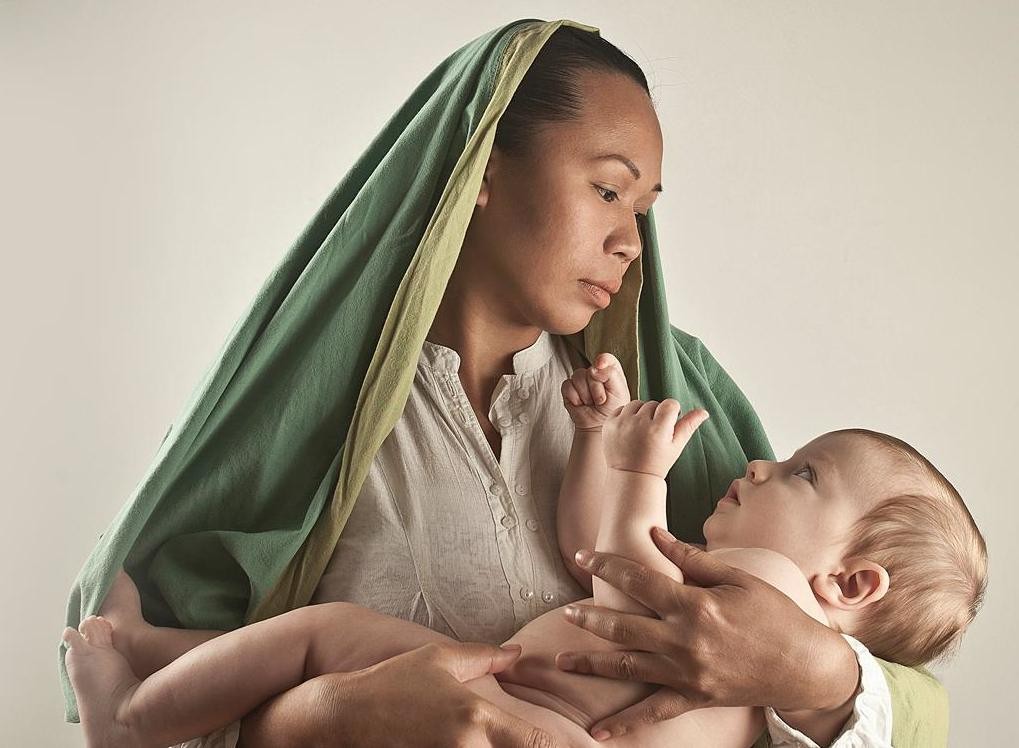
A Filipino engineer who came to Romania to work as a house-keeper is the leading actress in a play about domestic work and migration. The performance is based on a true story and the investigation of the entire system of placing labor in Romania.
“We advise all employers to treat them with an iron fist in a velvet glove”— extract from an interview with the director of a placement agency for Filipino domestic personnel.
In a country well-known for its export of domestic labour, hiring exotic in-house helpers is becoming a status symbol.Like many other Filipinos, Joy comes to Romania in order to support her family. The intermediating agency places her as a nanny for the two children of an affluent family.
Grateful to have found such a good spot she even goes beyond her duties and occasionally cooks and cleans. All goes well, until one day, the father of the family makes a move on her. When Joy complains to the wife, instead of confronting her husband, she comes up with an intriguing proposal. Soon, Joy finds herself trapped in a domestic cage. What started out as a favour to her employers is from now on demanded of her. Gradually, Joy becomes their domestic slave.This story is inspired by a real case. The real-life Joy lives in Bucharest, Romania. In the play she is interpreted by Ynia Lovelina who has herself been a domestic worker.
Like her, hundreds of Filipinos in Romania struggle with a system which fails to acknowledge domestic work. And although they pay taxes, they do not benefit from the protection of the Romanian state. But how about domestic work in regular families? Families which cannot afford hiring a migrant worker.
Visible but not seen, domestic work, both paid and unpaid, is often taken for granted. Although Domestic Products is based on the experience of migrant women, it tells the story of all women. Domestic Products speaks about the real price of domestic and reproductive labour. Domestic Products speaks against the sexualization of domestic work.
Directing:
Ioana Paun
Investigation:
Laura Stefanut
Music: Catalin Rulea
Choreography:
Carmen Cotofana
Starring: YNIA and Smaranda Nicolau
Voice: Diana Miron
